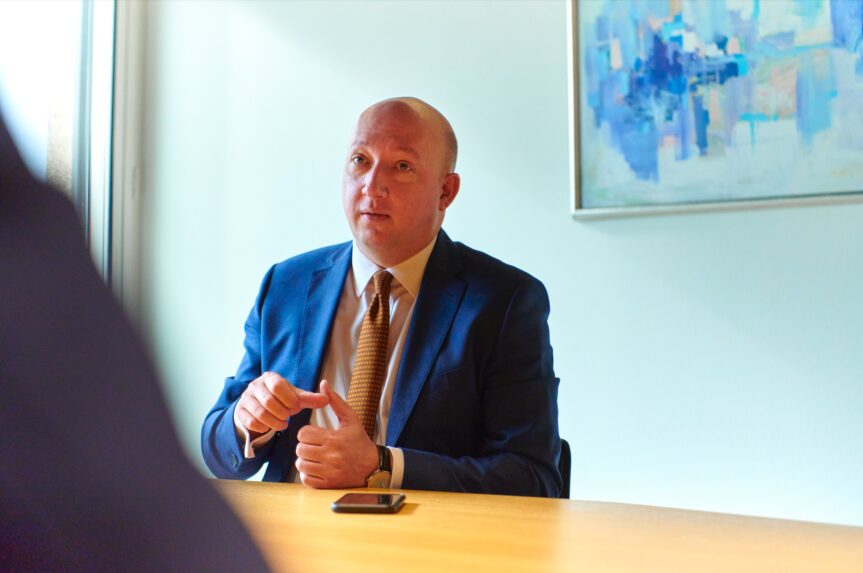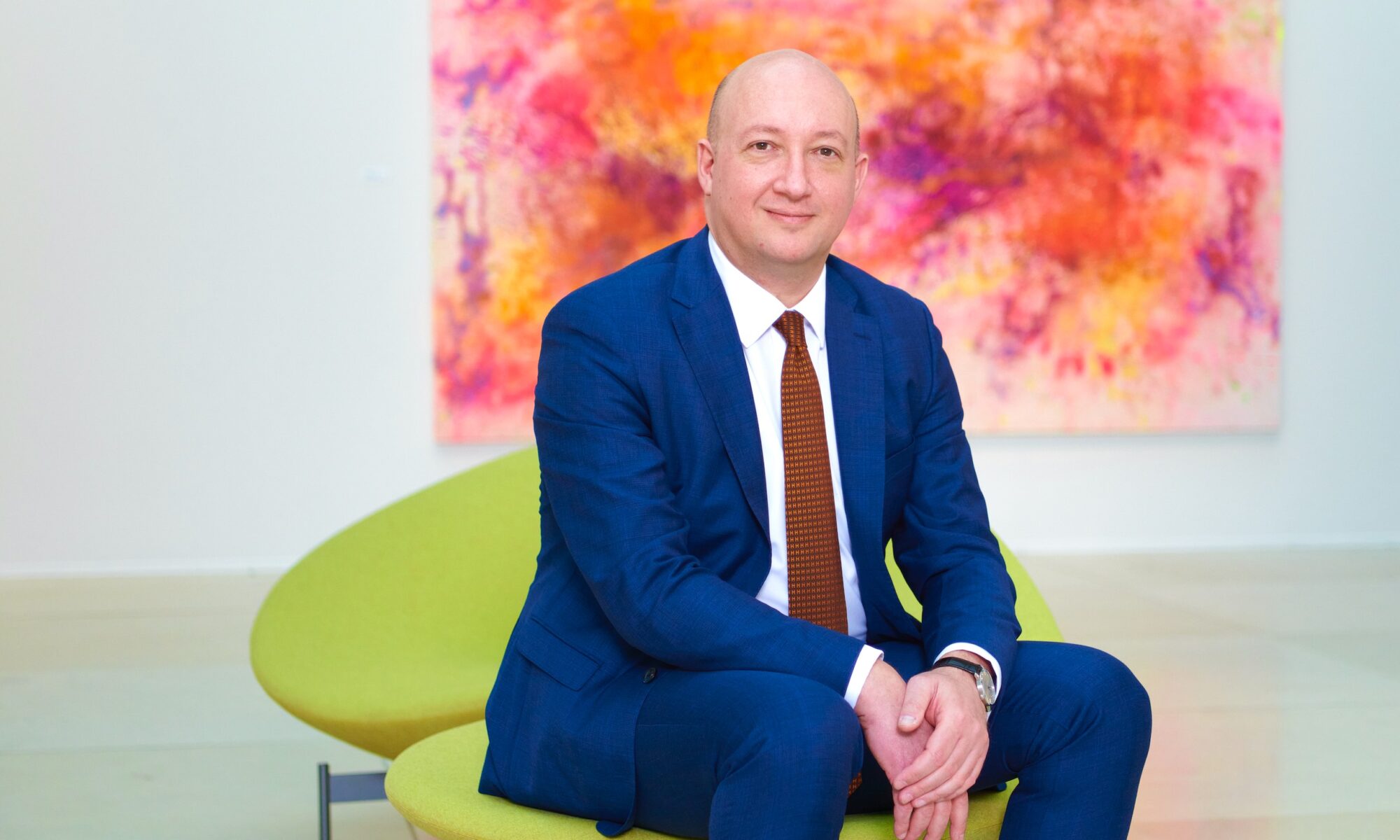Know what your options are and what you want before investing
Whilst there’s no foolproof recipe when it comes to investing, seasoned banker Cédric Weisse has highlighted a few ingredients that are essential to success.
Cédric Weisse, Head of Individual Markets at BIL, believes that investors must maintain a critical approach and a certain scepticism towards self-proclaimed experts, whilst nonetheless looking for sound advice and relying on real expertise. Successfully maintaining this balance is a major advantage when implementing a winning, long-term investment strategy.
What does “investing well” mean for you?
As far as I am concerned, as part of managing your overall finances, investing well means taking things step by step and not missing anything out. And that starts with a proper examination of your situation. This a key step before any investment. Carrying out a full wealth assessment offers a proper overview. Once this has been achieved, it is possible to set coherent objectives, define a long-term strategy and take the right decisions accordingly. I really want to stress this point – it’s important to proceed step by step!
Based on your experience, what are the most common mistakes?
Each situation is different. What’s right for one investor is not a good option for another. So it’s essential to define your investor profile properly and not just copy what your neighbour is doing. It’s a good idea to get the advice of some real experts for this. Knowing your investor profile will help you filter the continuous flow of information, and will also enable you to establish an investment portfolio that matches your means, objectives, risk tolerance and preferences.
Your investor profile will enable you to establish an investment portfolio that matches your means, objectives, risk tolerance and preferences.
Good investors learn and inform themselves about the latest trends in markets, particularly those sectors in which they invest. If you don’t have the time to do this, you can delegate management of your investments to a recognised and experienced professional, who will determine what is most appropriate for you based on your investor profile. This is called discretionary management.
What are the foundations of a longer-term investment strategy?
Here again, it’s key to define your profile and the steps to be followed. To limit risk, it’s advisable to invest a proportion of your savings in less risky products to start with, and to familiarise yourself with the reality of investing – how it works and the psychology of investing. If you aim for higher returns, it’s logical that you must be willing to take greater risks. That’s not necessarily advisable for a novice investor. Whatever approach you take, you must decide upon your long-term strategy and act accordingly from the beginning.

What are the key issues to consider?
Before any decision, you must be clear about what you want and your options so that you can properly define you own objectives. It’s also key to accept that any financial decision requires a period of reflection. Before you make your decisions, it’s advisable to be able to give clear answers to the following three questions: how much of your savings do you want to invest? Over what timescale should investments be made given your various life goals? Do you have enough free cash – in addition to your investments – to cope with any unexpected costs?
Do alternative investments present any specific risks?
Alternative investments – valuable items, works of art, fine wines, etc. – always require a high degree of know-how. This is also the case in the area of private equity. In principle, alternative investments are much less liquid than traditional investments, which means that they are harder to buy and sell quickly without a significant impact on their price. In this field, as with all other investments, it’s crucial that you don’t lose sight of the importance of diversification. Coming back to the first question you asked, investing well always means not putting all your eggs in one basket.
Alternative investments – valuable items, works of art, fine wines, etc. – always require a high degree of know-how.
Another remark on alternative investments: in this field it’s absolutely essential to be aware that the risks are higher. Investors must never underestimate these risks and would do well to seek the support of recognised experts in these areas before investing a portion of their assets there. Intelligent diversification helps to partially reduce these risks.
Is it still worth investing in real estate?
In my view, real estate investments remain an interesting option. “Wait and see” is how I would describe the current market situation. Of course, when you invest in real estate, it’s all a question of the purchase price and the return that you are after. If you wish to invest in this area, it’s important to seek advice – not just regarding the quality of the asset itself, but also on other aspects such as taxation which will have an impact on the return on your investment. Some properties are more interesting from a tax perspective and this is something you should consider before investing. In Luxembourg, there are four types of properties: off-plan (VEFA) buildings, new builds, properties that are over five years old, and properties that are over 60 years old. Taxation depends on the type of property.
| Cédric Weisse
Cédric Weisse has amassed a wealth of experience of serving clients throughout his career – both from his time in the insurance sector, and at BIL since 2001. Starting out as an adviser in Personal Banking, before becoming Head of Private Banking in the French market and director of the BIL branch network in the north of the country, Cédric Weisse’s professional commitment has focused on clients’ concerns and their questions regarding investments. This makes him the perfect choice for the post of Head of Individuals which he holds today. |


 Mortgage
Mortgage Personal loan
Personal loan Savings
Savings